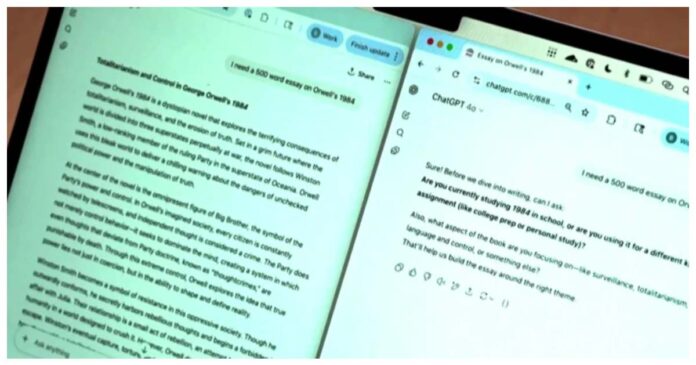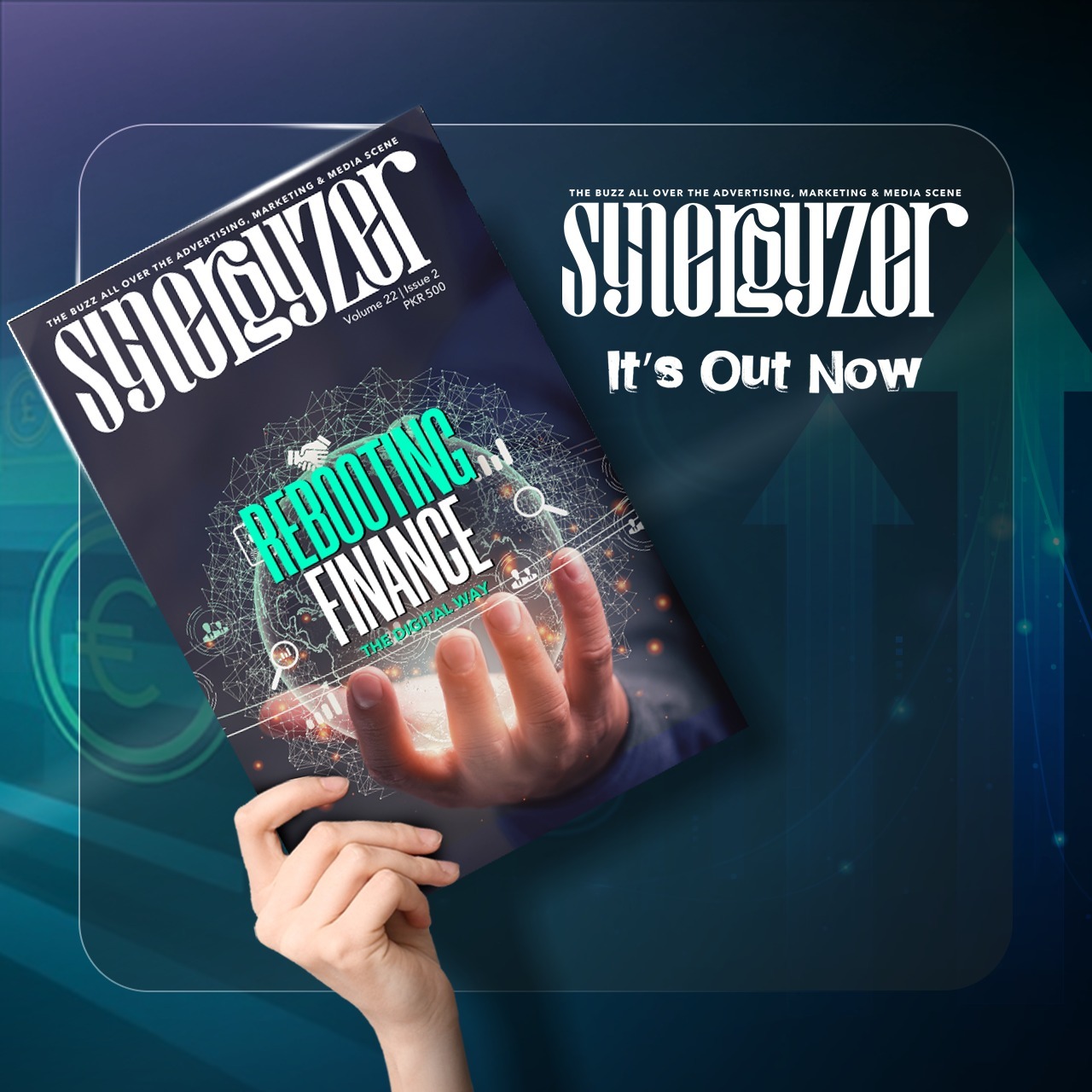OpenAI launched ChatGPT in November 2022, which became extremely popular among students with millions of sign-ups in no time.
GPT was the one-stop solution for all university assignments. Add in the prompt of your academic essay, and the chatbot will churn out a well-structured, organised, and relevant essay that could easily get you a good grade.
The software grew more sophisticated with updates. However, academic misuse presented significant concerns of plagiarism, misuse, and cheating. This forced universities to conduct a crackdown on much AI utilisation.
In response to GPT’s growth and student misuse, universities began conducting stronger plagiarism checks and more robust AI-detection systems. Fortunately, OpenAI has found a convenient solution for both students and teachers.
A Study Mode that Will Promote Active Learning
The main concern of universities was that students could passively copy assignments and essays from ChatGPT without putting in any original effort, significantly impairing the learning objectives of these methods of assessment.
OpenAI has found a decent middle ground with the launch of their Study Mode, encouraging students to put in some effort, with GPT providing guidance every step of the way.
ChatGPT’s Study Mode will not write essays for students or provide direct answers to assignment queries. Students won’t be able to cheat with this feature. Instead, it will act as a virtual tutor that will guide students rather than spoon-feed them.
It will break down complex topics into digestible chunks tailored to the student’s learning style and preferences, providing step-by-step guidance. This feature will also suggest academic resources and study techniques to facilitate a deeper understanding.
Sometimes, students are running low on creativity or approaching topics with a narrow mindset. GPT’s study mode could help brainstorm ideas in such scenarios and suggest outlines.
OpenAI’s goal is to promote active, interactive learning so that students can’t take unfair academic shortcuts with passive copying of GPT-generated data.

Students Can Still Take Shortcuts with ChatGPT
ChatGPT’s Study Mode is a massive leap towards ethical AI use in education, discouraging plagiarism and encouraging student interaction. However, it is still possible to take shortcuts.
The easiest bypass technique would see students turn off Study Mode in their settings, shifting the model to its default version, which will still allow passive copying.
Furthermore, prompt engineering can help students get around many restrictions. Students can keep asking variations until they get their desired response, or could specifically engineer their query to bypass restrictions.
Ultimately, integrity is a personal choice. At the institutional level, OpenAI has taken a major step towards greater academic integrity with its Study Mode. However, unwilling students will still find shortcuts.
Stay tuned to Brandsynario for the latest news and updates







































